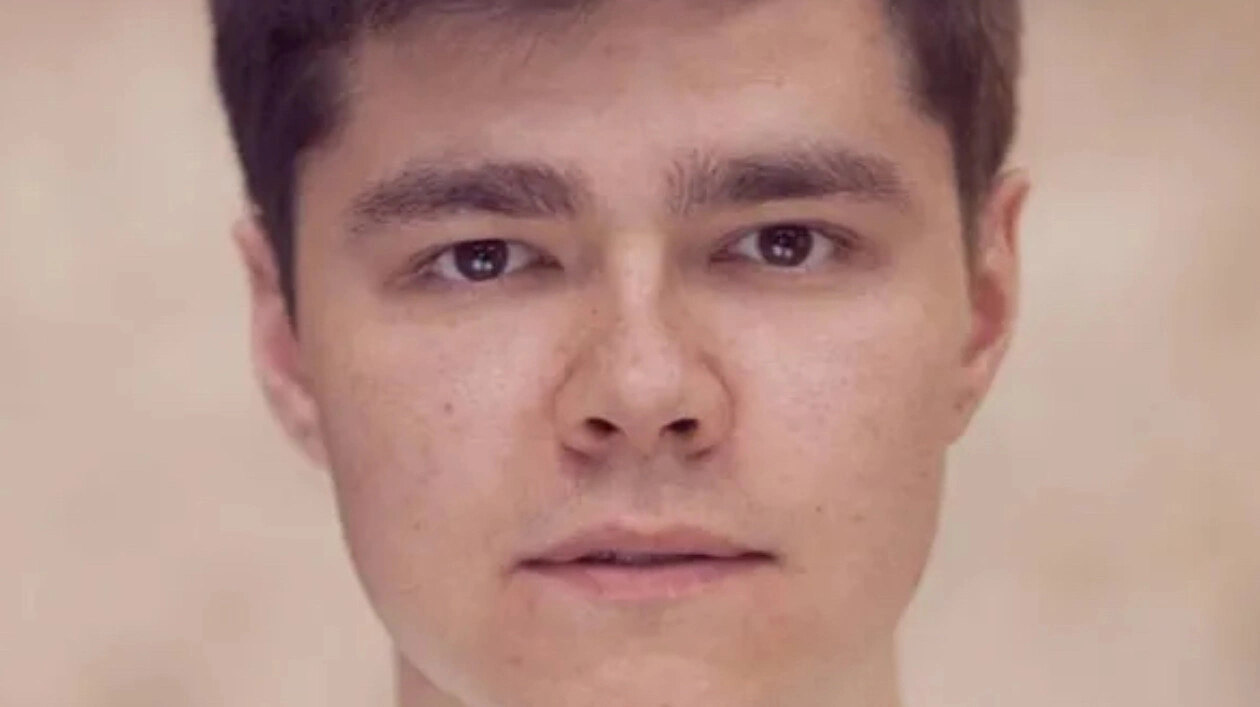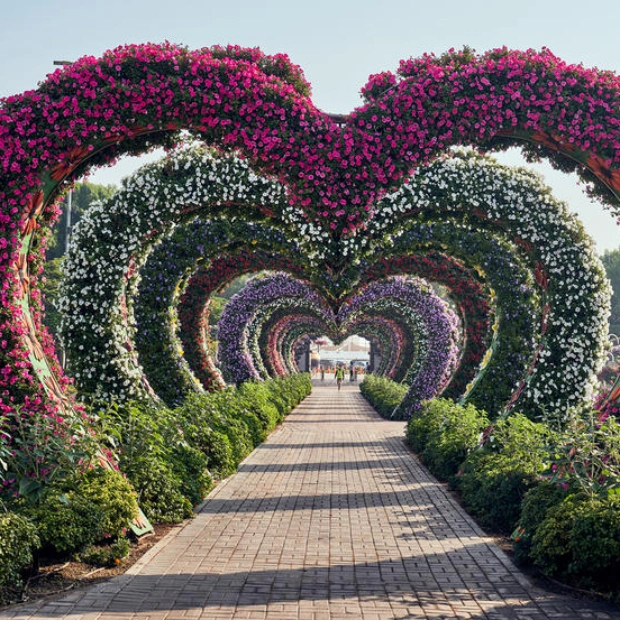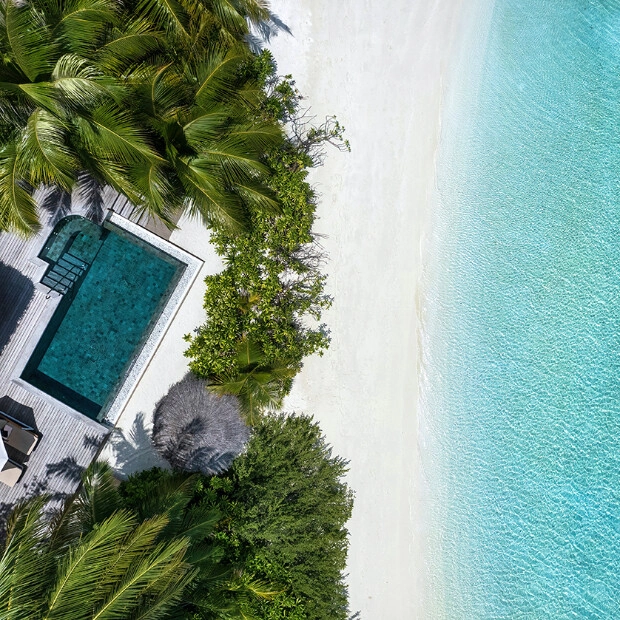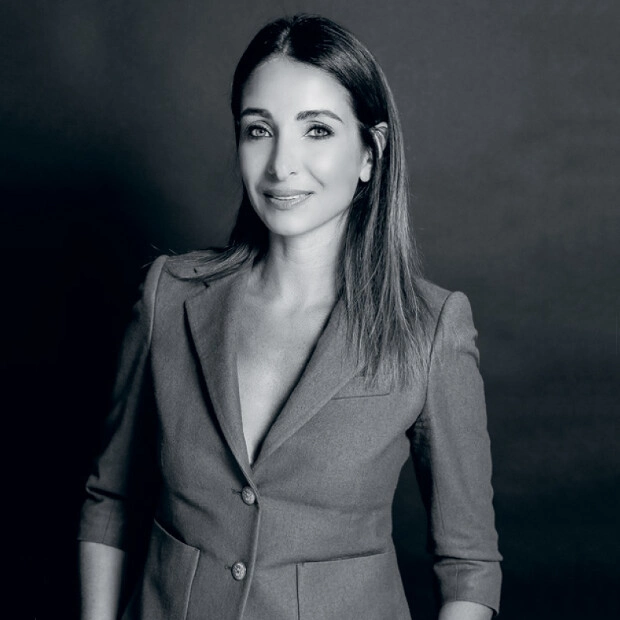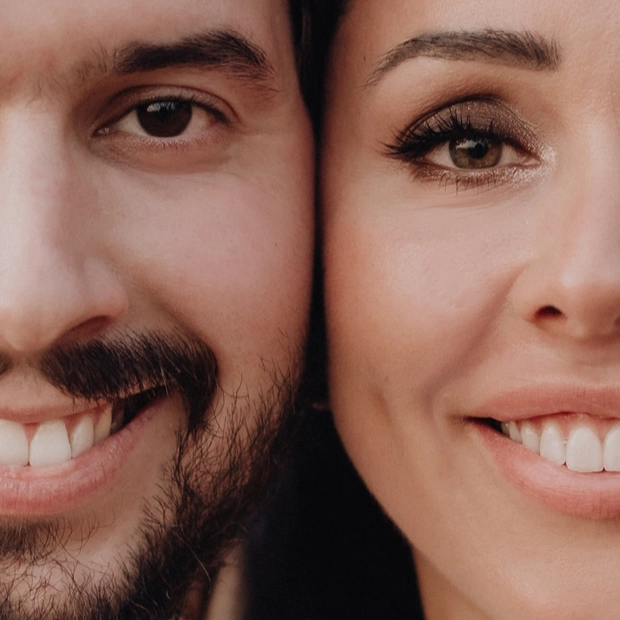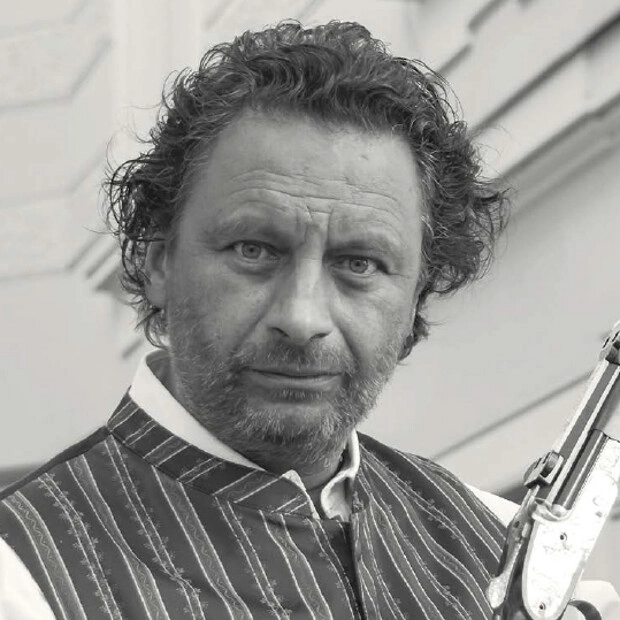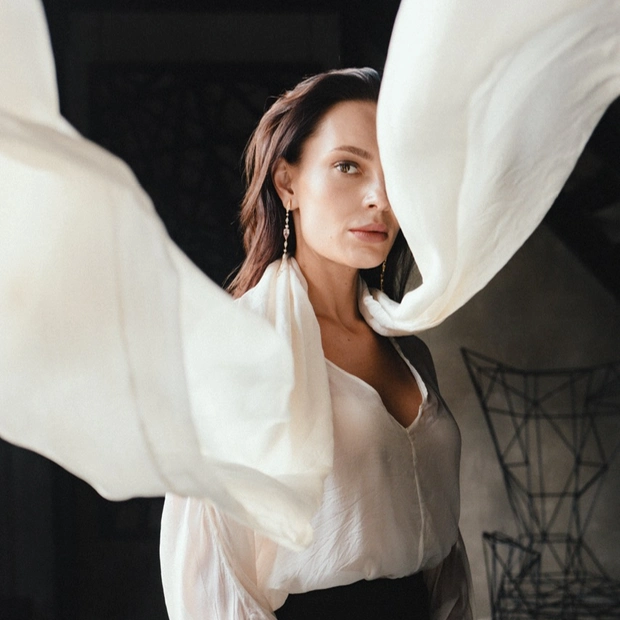"Every generation imagines itself to be more intelligent than the one that went before it, and wiser than the one that comes after it," George Orwell concluded a half-century ago. Too often, we only appreciate what our ancestors have created once we’ve torn it down and then later, with great effort, begun restoration. But there are those who have learned from history that, long before they were born, others had committed that very error. It's hard to believe, but there are some among us who are not afraid of difficulty and who are willing to begin the work of regeneration. Among them is Ayaz Shabutdinov, the founder of Like Holdings, a person who understands that the challenge known as Tomorrow is now to be answered by his generation.
The small Ural village of Kuyeda, near Perm, is my little homeland. When you grow up in a humble world, filled with parental love, it seems that everything is as it should be. But, one day, I was lucky enough to stumble upon the business blog of businessman Fyodor Ovchinnikov, the founder of Dodo. He’d written that he’d once lived in a small town, but had decided to leave, to open a business. And I thought: I can do that? Leave and start a business? And now I realise that if not for his example, my life might have developed quite differently. At the age of fourteen, I, like many teenagers from Kuyeda, went to the nearby village to make hash. I didn’t think there was anything unusual in this; everyone did it. Some of my childhood friends went to jail; some are no longer alive. I, in large part thanks to Ovchinnikov, changed my path dramatically. I took a leap. It seems to me that people in Russia, especially in the regions, are in need of a few more role models. One of these is the path of the entrepreneur. In the minds of Russians, there is a posture towards the desire to make money as being something shameful; a century ago this was considered a crime, profiteering. I think this is a big problem in our country: there are no role models for entrepreneurs from "down the street", who then went off and created a successful business. So my new project is concerned with the educational sphere: I want to teach people to strive for the best. I once dreamed of how to transform my life a better home, a better car, better clothes; but lately, I’ve been envisioning how I can transform the environment I’m a part of.
But let's be honest: in any case, business starts with selfish, mercantile interest. At one point, I decided to create Coffee Like, currently the largest network of coffee bars in Russia, because I just wanted to earn money. I think that in Russia, we’re in a situation where it’s not always necessary to invent something unique, to try and be different than what is and has been; it is enough just to do a good job. But at one point, we realised that our company’s weakest aspect was our staff, which is the case with a lot of other regional companies. So we created our own corporate university, where we train ab-solutely everyone who works for us. It’s the foundation on which the whole thing is built. By the way, the motto of our company is "do what makes you happy". A simple phrase actually, but, it seems to me, that it contains the meaning of life.
I didn’t always do what made me happy. In Coude, the humble world where I spent my childhood, that was normal, because no one knew any dif-ferently. But, as a teenager, I got the chance to go to Perm and talk with the children of well-off parents there. They had conversations like: "And we’re going abroad with our parents for the weekend…" Hearing this, I was amazed: how is this even pos-sible?! Encountering situations like this enough times, I began to want more, and to work to get it. This is the hunger I’ve had my whole life. It only broke just recently. And now something new has appeared; now I enjoy the process of creating, inde-pendent from the anticipation of the result. I remember saving money for an expensive car, because I thought that if I bought it, I would be the hap-piest man alive. As it turned out, the "happiness" that I worked a whole year for, lasted about a week. The pursuit of material things turned into a road to nowhere for me. Now every day brings me much more than that chic sports convertible: I only do what makes me happy.
It’s a thorny path to the realization of truth. First there was the challenge of escaping Kuyeda, the village I was from. I got out: at the age of fifteen I moved to Izhevsk, and began a life of my own, independent of my parents. The next challenge was to stop reading the cafe menu from left to right - that is, to unlearn first looking at the prices, and then choosing what I wanted from the dishes that I could afford. These days, every dish is available to me, just as it became possible to fly abroad for the weekend. But not so long ago, I found myself at a crossroads and I’m probably still at it. A simple thought struck me while I was thinking about children: perhaps children are the most important project. They say that Mozart is alive, because his music is still being played. So I want to leave something behind. You can leave a company, bearing the principles of its founder, allowing him or her to exist long after passing away. And yet, the simplest, most direct, understandable, but at the same time, most responsible, way to leave something of one’s own in this world, is through children. This is a big challenge for me these days. I read and I think a lot about this topic. And not only about my biological children, but about children in general, about the next generation. I recently turned twenty-six. For almost the entirety of my conscious life, I had this idea in my head that the country was run by a bunch of grandpas. And now I’ve achieved some business success, and some of my friends are in politics, and they’ve made career advancements before my eyes. Some of them, now, even run whole regions. I suddenly realised: we’ve become the people who are influencing how the country, the world, will live. And when you’re in that position, you think globally, about generations.
The idea of my educational project is to create a scholarship program for school kids who demonstrate leadership qualities, but who are forced to work, for ex-ample, and who therefore lack the opportunity to study normally. This is a program for children from the regions, from small villages children who have no alternative, except making hush. With our project, we want to show that there are other possibilities, that there are other paths to go down. Financing would be provided by successful graduates from the schools, investors who understand that it is necessary to contribute to the future in this way. These people, going back to school, the place where they began down their path, would not only be financial support for our program, but would also be mentors for the generation currently coming of age in their school. It seems to me that the concept of sharing experiences from father to son or from graduate to student is important to have. I don’t remember that graduates ever came to my school. And to us, as schoolchildren, it wasn’t clear what was waiting there, outside the walls of our "second home". It was scary. Is there life after school? I want to show these kids that there is and that it can be different.
There’s this strange component mentality that leads people to ask things like, "Ayaz, so what is this, your cof-fee? That’s not a serious business. You should get involved in manufacturing now that’s serious." Stupidity. The whole world is entering the post-industrial era, and for some reason we are trying to remain industrial. But never-theless, to me this idea of creating something, producing something, has been following me my whole life. One day, I’d like to be able to say that I created a big, global company, and it was created in Kuyeda. Russia, aside from its natural resources, basically lacks any international corporations. Perhaps we’re the generation that’ll be able to fix that. Recently, I studied pre-revolutionary Russia through the lens of statistics, wanting to see how capi-talism had developed before the revolution, compared to the United States. In many respects, the Russian Empire had outstripped both that country and the other leading powers in the world. But, unfortunately, now we have to build everything all over again. If you study history and it’s quite important to do so you’ll understand the enormous potential that exists within Russia. We just needs a little help to realise it.
